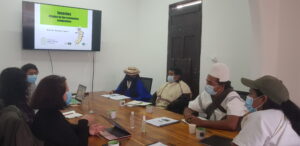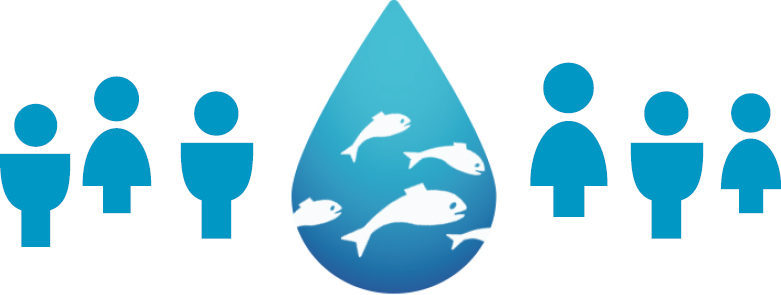Insects for Peace
Insects for Peace – Circular agriculture by using insects as feed in aquaculture
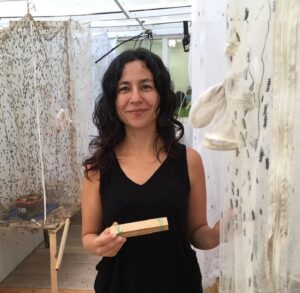 by Karol B. Barragán-Fonseca
by Karol B. Barragán-Fonseca
[dss-hidden]Universidad Nacional de Colombia – Sede Bogotá – Faculty of Veterinary Medicine and Animal Sciences Animal Sciences Department, Bogotá, Colombia
In Colombia, the peace agreement signed with the former FARC guerrilla in 2016, opened the doors for the academy to participate in post-conflict actions. As can be assumed, the conflict does not usually end immediately, a peace agreement is signed, but years of collective work follow in a society that has much to know and forgive. From a more pragmatic point of view, there is a new population of ex-insurgents who put down their weapons and await a second chance to integrate into society. This scenario unleashes vast social, economic and political challenges that must be dealt with from a multi- and trans-disciplinary perspective and with the commitment of all actors in society.
The Universidad Nacional de Colombia has led solidarity outreach programs to respond to problems that social leaders have identified as being in need of resolution in their communities. It was through a call from UNAL that we saw the opportunity to support a community of ex-insurgents, settled in Icononzo (Tolima). This community wanted support in their productive projects, and within these was the production of fish.
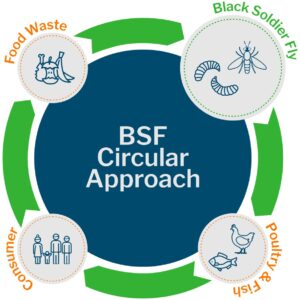
Our project, which consisted of implementing a small pilot plant for the production of black soldier fly in Icononzo, – was so successful that other ex-insurgent communities became interested in replicating this project. Currently, we have established another small pilot plant for the production of black soldier fly in the region of Guaviare, and we are planning a larger one for a fish farming project that ex-insurgents have at the national level. This project of implementing use of insects as feed by communities of ex-combatants and others affected by the armed conflict is called Insects for Peace.
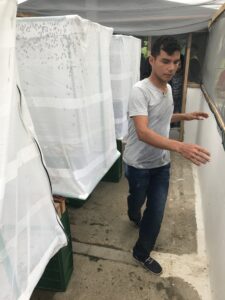
Insects may be used to replace conventional sources of protein in animal feed to improve socio-economic conditions of small farmers in general. Based on insect farming experiences in other parts of the world and specifically in Colombia, we identified concrete conditions for the production of insects by small- and medium-scale farmers, enabling peasant communities to reuse organic residual streams to feed insects, and then, use these insects as feed in peasant-run aquaculture.
We recently proposed a theoretical model: Agroecological Insect-Fish Farming model (AIFF), as a new opportunity to develop a circular economy approach to fish farming by implementing agroecological practices and the use of insects, and showed that producing Black Soldier Fly on organic residual streams may contribute to the development of a circular economy model of aquaculture production system, that generates a sustainable income for small- and medium-scale farmers. The transition from linear to circular aquaculture by smallholder farmers in low-income countries requires a local analysis of the value chain and the actors (stakeholders) involved, that can potentially intervene so that the system is successful and that it adjusts to specific conditions to each place.
Currently, we have open dialogues and exchange of knowledge with aquaculturists and insect producers to increase current knowledge about the possibility of incorporating alternative raw materials for fish production, as well as the knowledge and appropriation of the proposed AIFF model in Colombia.
